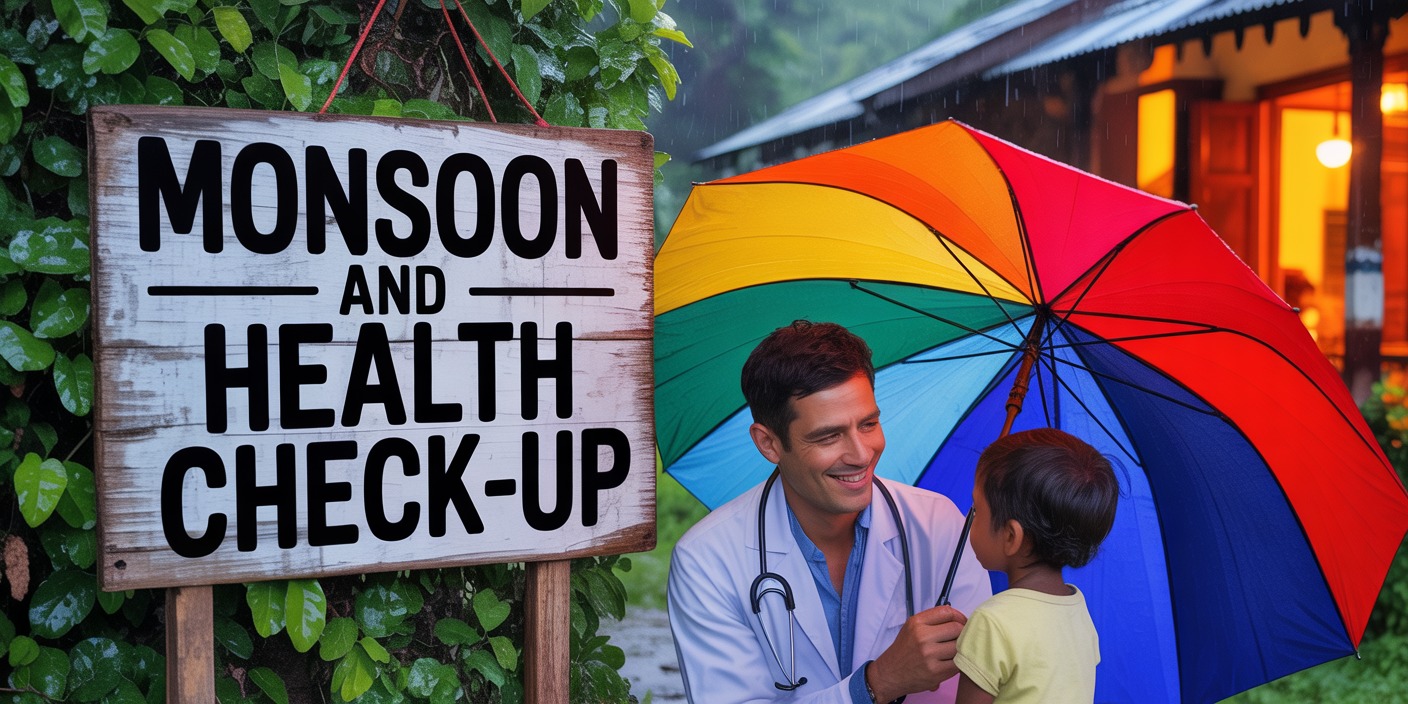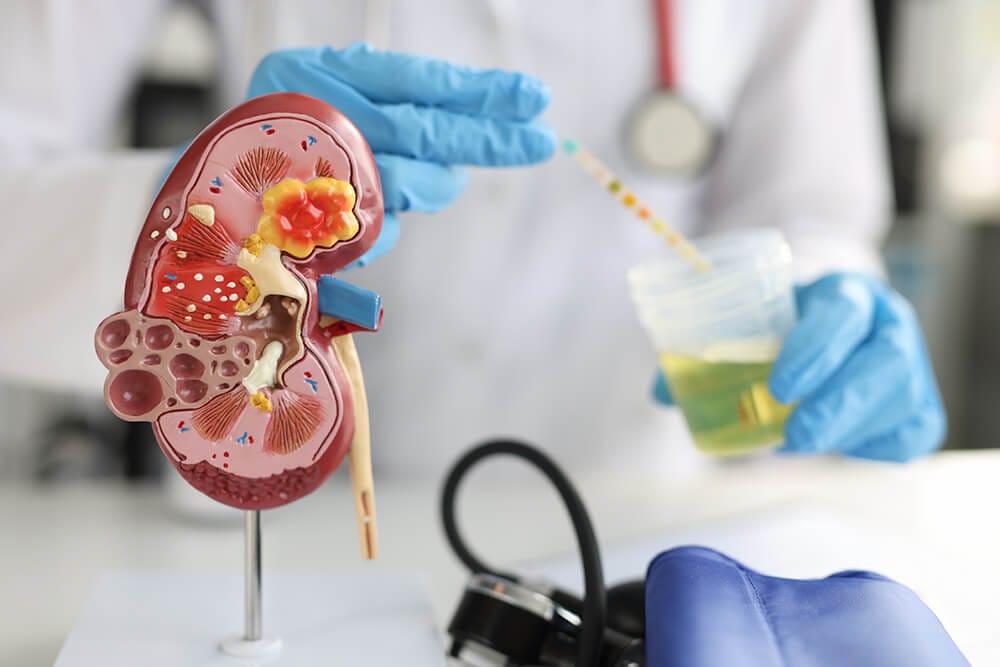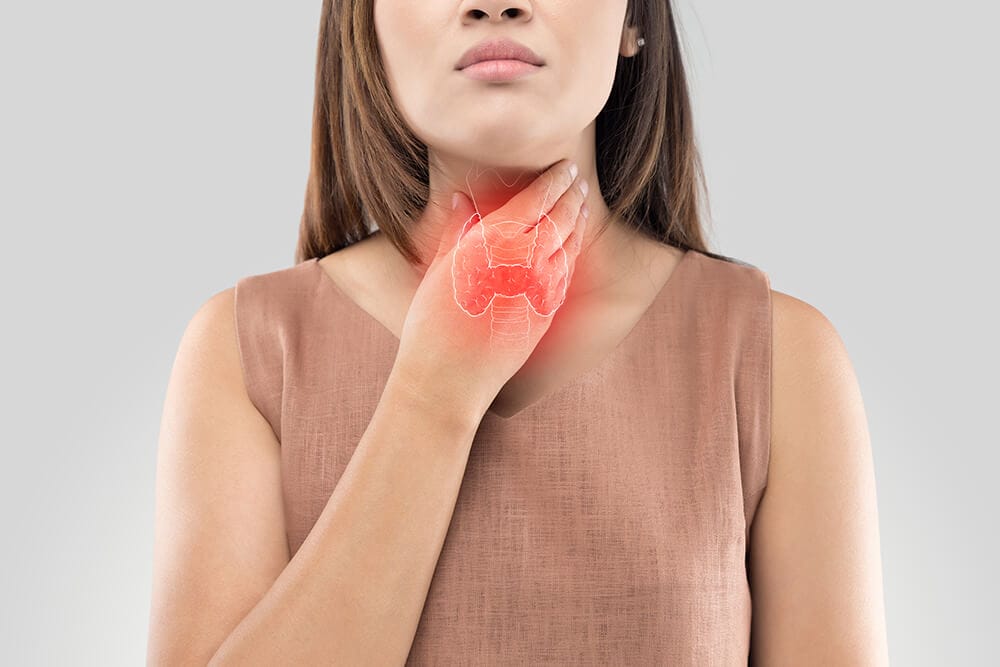
A festival of joy, lights and hidden health hazards?
Diwali is undeniably one of the most celebrated, cherished and awaited festivals in India. Streets decked with shimmering lights, houses glowing and adorned with colourful rangoli at every doorstep, and the sweet aroma of mithai in the air. Diwali sure brings families, friends and everyone together for days filled with happiness and laughter.
However, among all this festive hustle and sparkle, one glaring issue often gets sidelined, the drastic spike in pollution levels during and after Diwali, particularly due to the widespread bursting of firecrackers. We all love them but do so more than your health? I highly doubt it.
There’s this dark side of crackers, we all know of but choose to ignore more often than we should. While lighting up the night with vibrant fireworks is a tradition many cherish, it comes with serious consequences for the environment and of course our health. The extensive bursting releases a mayhem of harmful pollutants into the atmosphere, including particulate matter (PM2.5 and PM10), sulphur dioxide, nitrogen oxides, and heavy metals. These pollutants don’t just vanish after the celebrations, they linger and create a thick smog (smoke + fog) that hovers over cities for days and months for that matter. Since Diwali in India is also the onset of winter, the smog that appears during the festival lingers a little longer due to the low density and cold weather.
We’ve all heard people cough during winters and especially after Diwali, ever wondered why? All the fun does come with a tax, causing issues. For many children, elderly and especially those with underlying respiratory issues, the aftermath of Diwali means battling:
- Difficulty in breathing and discomfort in the throat
- Worsening of asthma and bronchitis symptoms
- Irritating in eyes, nose and throat
- Increased cases of coughing, wheezing and chest tightness
- Aggravation of allergies and chronic respiratory illness
Even if you don’t have any pre-existing conditions, these pollutants can trigger respiratory distress, reduced lung function, and heightened risk of infections.
Well, enjoying the most loved festival is priority but at the same time no one wants to deteriorate their health, right? If you’ve felt breathless, experienced coughing, or have any respiratory discomfort after Diwali, don’t ignore these warnings. It’s your body telling you to slow down and take a look at what is really happening. Sometimes the finest thing can become big and early detection and intervention can make a huge difference.
It’s now time for you to take control of your health. Book a simple respiratory and lung-related health test from flebo.in for hassle-free check-ups. Get your check-up done at home, and keep celebrating life and festivals!
A few handy tests for you to look forward to are:
- Pulmonary Function Tests (PFTs): These tests measure how well your lungs are working, including lung capacity and airflow.
- Chest X-ray: A common initial test to visualize the lungs and identify potential issues, according to Flebo.in.
- Lung Biopsy: Used to diagnose lung conditions by examining a tissue sample under a microscope.
- MRI Scan: Provides detailed images of the lungs and chest using radio waves and magnetic fields, according to Flebo.in.
- Lung Ventilation/Perfusion Scan: Assesses blood flow and air movement in the lungs, according to HOD.
- HRCT Chest Scan: A high-resolution CT scan for detailed imaging of the lungs
So this Diwali, let your health enjoy the festival as much as you do with a little precaution and keeping your well-being in check!















